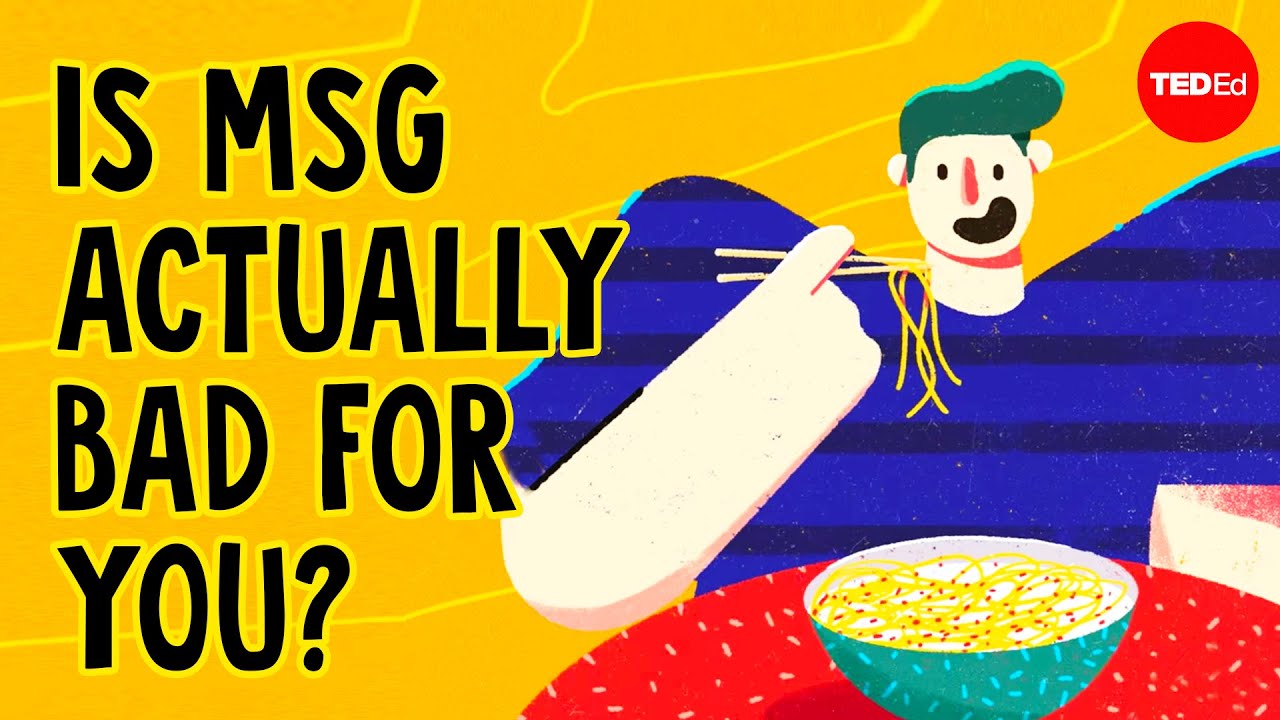What Is Msg, And Is It Actually Bad For You? - Sarah E. Tracy
Unleash Your Creative Genius with MuseMind: Your AI-Powered Content Creation Copilot. Try now! 🚀
In 1968, Dr. Robert Ho Man Kwok had a unique experience after dining at a Chinese restaurant. His subsequent letter to a prestigious medical journal, where he pondered whether his illness was caused by monosodium glutamate (MSG), sparked a global panic that would change the world's relationship with this common seasoning for the next 40 years.
The Science Behind MSG: Debunking the Myths
So, what exactly is MSG? It is a mixture of sodium, an essential part of our diet, and glutamate, a common amino acid found in various plant and animal proteins. Glutamate plays a crucial role in our digestion, muscle function, and immune system. It is also responsible for the savory flavor found in foods like mushrooms, cheese, tomatoes, and broth.
The Umami Revolution: A Flavorful Discovery
MSG's invention in 1908 is attributed to Dr. Ikeda Kikunae, a Japanese chemist who was trying to isolate the molecule responsible for a unique flavor he called "umami," which translates to "a pleasant, savory taste." This discovery revolutionized the culinary world, as umami was recognized as one of the five basic tastes in food science. The savory shortcut to producing this chemical reaction led to the widespread use of MSG in commercial food production worldwide.
The MSG Controversy: Separating Fact from Fiction
The outrage following Dr. Kwok's letter led to biased science and sensationalist journalism, fueled by longstanding prejudices against Asian eating customs. However, recent studies have established the vital role glutamate plays in our metabolism, and some researchers even consider MSG a healthier alternative to added fat and sodium. While there may be potential health concerns associated with excessive MSG consumption, for most people, a moderate amount of this savory seasoning seems like a safe way to make life a little tastier.

Related Recaps
- SPY BULL BAIT OR NEW RALLY?! HERE’S WHAT TO KNOW
- SmartGyro CrossOver Dual Pro en circuito de Cross ⛰️ #patineteelectrico
- Federico a las 7: Espectáculo bochornoso de Marlaska
- Mogudu Latest Telugu Movie Part 2 || Gopichand, Taapsee || Roja, Rajendra Prasad || Aditya Cinemalu
- A tired mother with many children hired the NIGHT NANNY, but she was here for a reason